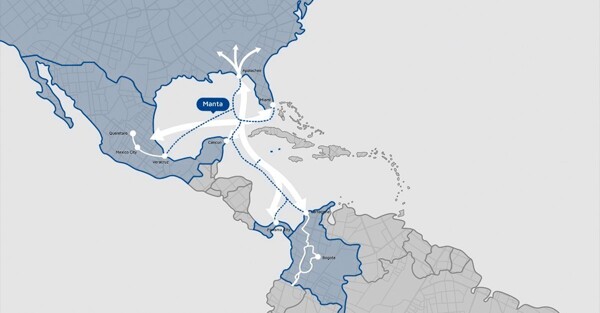Rolf Hoenger, director of Roche Latin America, highlighted the importance of considering the economic benefits of investing in health and disease prevention, especially for women in Latin America. In an interview with EFE during Roche Press Day 2024, Hoenger emphasized that the crucial question in the region is whether health is seen as an investment or as an expense, as this perception influences decision-making.
According to a study by the WIFOR Institute focused on economic research, investment in health significantly impacts the economies of Latin American countries. However, productivity loss due to illness accounts for an average of 3.5% of Gross Domestic Product (GDP) in these nations. The study evaluated the costs of productivity loss and economic impacts arising from various diseases in countries such as Argentina, Brazil, Chile, Colombia, Costa Rica, Ecuador, Mexico, and Peru.
Among the diseases studied are cardiovascular conditions, neoplasms, heart diseases, type 2 diabetes, respiratory infections, breast cancer, and migraines. Hoenger stressed that every dollar invested in health can generate 2 to 4 dollars in economic growth for Latin American countries. He highlighted the importance of early detection, mentioning that in the 10 largest countries in the world, it is estimated that each year a trillion dollars is generated by positive economic effects, with 70% of this due to early detection.
The director of Roche Latin America emphasized the usefulness of this data for health ministers to justify their investment decisions in health to their finance colleagues. He also underscored the importance of funding each country's health objectives and the need to optimize the efficiency of health systems through tools such as digitization. Hoenger emphasized that investing is not enough; spending must be intelligent, focusing on early detection and timely treatments, which are more cost-effective than treating diseases in advanced stages.
Roche is conducting clinical research in Latin America to address prevalent diseases such as obesity, cardiovascular diseases, and neurological disorders. The company seeks to contribute to improving health in the region and, in turn, drive economic growth through investment in health and disease prevention.














